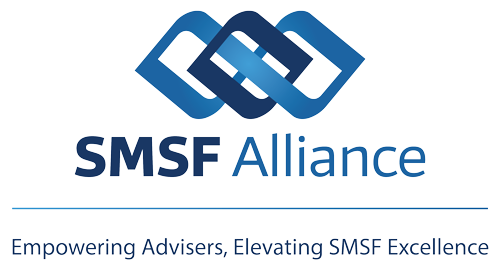The new pension rules, combined with the ATO’s revised treatment of some existing practices surrounding exempt current pension income seem to increase the workload of actuaries. This is not so. The increased workload has fallen onto administrators and advisers.
There are two methods of calculating exempt current pension income (ECPI);
1. Segregated – where all the fund is in retirement phase and an actuarial certificate is not required
2. Unsegregated – where only part of the fund is in retirement phase and an actuarial certificate is required.
In addition, irrespective of either of these considerations, some funds cannot segregate for ECPI purposes whilst others must segregate. A further complication is the date at which a transition to retirement income stream becomes a retirement phase income stream. This will be the earliest of age 65 or when notified that the member has triggered a condition of release. Death benefit pensions also add to the mix but will not be dealt with here.
Funds that cannot segregate for ECPI purposes are those containing a member that had a total super balance of at least $1.6m at 30 June last year and a retirement phase pension in any fund at that time. If this is the case then, even if this member is not the SMSF pension member, the SMSF will require an actuarial certificate to determine its ECPI. Such funds are described as holding “disregarded small fund assets”.
As an example, consider Nick and Debbie. They are the only members of their SMSF in which Nick holds a $300k balance and Debbie a $1.3m balance as at 1 July. Debbie does not hold super benefits in any other fund. Nick commenced a Commonwealth defined benefit pension the previous June 30 which was valued at $1.3m for both Total Super and Transfer Balance Account purposes. This, combined with his SMSF balance, takes his Total Super Balance to $1.6m at 30 June. He and Debbie decide to convert both their SMSF member balances to retirement phase pensions on 1 July. They remain in pension for the whole year. No contributions are made. Because Nick had both a retirement phase pension and a total super balance of $1.6m the previous June 30 any SMSF he’s in cannot use the segregated method and requires an actuarial certificate even though, in this case, the certificate would show 100% ECPI. This expense item is, therefore, a victory of form over substance. The ATO has previously been prepared to disregard such impracticalities but has not, currently, shown any willingness to do so in this case.
If Debbie had commenced a retirement phase pension in the SMSF, whilst Nick remained in accumulation, an actuarial certificate would also be required. This would have been the case previously due to the presence of Nick’s accumulation account. The difference is that Debbie’s account may have held a specific, segregated asset which, if sold, would be fully exempt from CGT. Such an asset cannot be segregated for tax purposes now due to Nick’s previous 30 June total super balance. Any realised CGT would be apportioned pro rata across the pension and accumulation accounts.
Unlike the total super balance effect, the change to the way that the ATO views segregation is not the result of legislation but, rather, of interpretation. The ATO believe that the generally adopted methodology that has been used by the sector in the past is wrong. For practical purposes, they have decided to ignore this “discrepancy” up to 30 June 2017 but require the “correct” method to be used now. Interestingly, the “new” treatment is not forecast to contribute anything to government revenue but has certainly imposed an additional level of complexity – read expense – to the sector.
Some funds are deemed to be segregated if they are 100% in retirement phase for any part period. Not only will an actuarial certificate not be required for these periods, but trustees can no longer elect to use them either. They will, however, require an actuarial certificate if there are any periods when the fund holds a mix of retirement phase pensions and accumulation accounts – but only for those periods. It is the task of the administrator, not the actuary, to determine when these are.
So how have things materially changed? Let’s say a fund has a $1m property with a $200k unrealised capital gain. In the first half of the year it’s 100% supporting accumulation interests. In the second half of the year it’s 100% supporting retirement phase interests. If the property is sold in the first half there will be a taxable capital gain. If it’s sold in the second half there will be no taxable capital gain. Under the previous practice the trustees could elect to obtain an actuarial certificate for the year which would show 50% ECPI, making half of the gain exempt. This would be their choice if the property was sold in the first half but not if it was sold in the second. This choice no longer exists. The application of capital gains tax will now depend on when the property was sold but it’s not that simple either. If the fund can’t use the segregated method, due to the presence of disregarded small fund assets, the fund must use the actuarial certificate method and the 50% scenario would apply irrespective of when the asset was sold. This would be an advantage if the property was sold in the first half of the year but not the second.
What if the fund does not contain disregarded small fund assets so deemed segregation is to apply? If the first half sale scenario is unavoidable then it would be useful for a small accumulation account balance to exist for the whole year. This would necessitate an actuarial certificate which would restore the 50% exempt position.
These considerations place more onus on advisers and accountants/administrators than they do on actuaries. At SMSF Alliance, we don’t charge for pension administration. This does not mean it’s simple.


